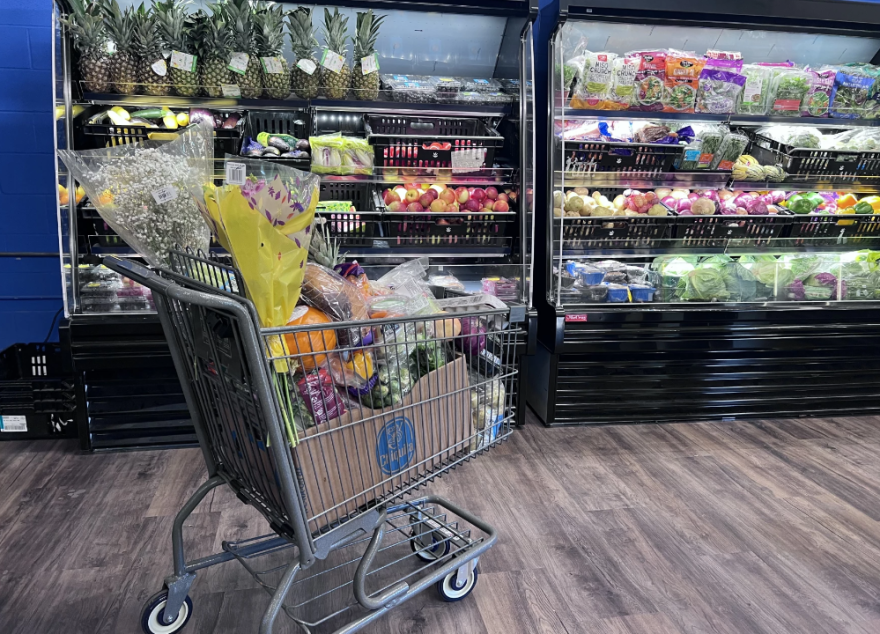As the government shutdown shows no sign of ending, the U.S. Department of Agriculture has provided New Hampshire with additional funding to keep the Women, Infants and Children Nutrition Program — or WIC — running into November, according to the state Department of Health and Human Services.
WIC provides food and education to expecting and new parents and their young children.
Since the shutdown began, advocates, enrollees and elected officials have voiced concerns that vital food assistance programs could run out of money if the government remained closed into November. October benefits were already distributed before the shutdown began.
WIC and the larger Supplemental Nutrition Assistance Program are both fully federally funded, but administered jointly by the states and federal government.
“My office and [the state health department] are monitoring the impact of a prolonged shutdown on programs like WIC and SNAP, and we will work to ensure our most vulnerable citizens get the support they need,” Gov. Kelly Ayotte said in a press release. “It is past time for our leaders in Washington to come to an agreement and open the government so we can continue to serve Granite Staters who depend on these programs.”
It is still unclear if SNAP — the broader federal food assistance program that serves more than 75,000 people in New Hampshire — will also receive additional funding.
These new funding challenges are in addition to changes to food assistance programs that are already set to begin Nov. 1. The federal reconciliation bill passed this summer cut funding to assistance programs, including stricter work requirements and changes to benefit calculations, and fewer people will be eligible to receive benefits.
Advocates and direct service providers have been reporting increased food insecurity in recent years.
More information about WIC and SNAP eligibility and enrollment can be found on the health department’s website.








